Meet Sophie Bai, a dedicated scientist-turned-entrepreneur whose relentless pursuit of scientific innovation has transcended the laboratory to create real-world solutions. Sophie’s journey into entrepreneurship began during the COVID-19 pandemic when she spearheaded a venture to provide critical PPE to frontline healthcare workers. This experience catalyzed her entrepreneurial spirit, leading to the founding of B.A.I. Biosciences and Pavise, where she aims to revolutionize dermatology and skincare through cutting-edge research and development. As an eczema and cystic acne sufferer, Sophie’s struggles drive her passion for developing new treatments that address skin conditions, underscoring her belief that science can profoundly improve lives. In this Faces of Entrepreneurship profile, learn from her story of resilience, dedication, and a ceaseless drive to push the boundaries of what is possible in biotech and beauty.
What does “entrepreneurship” mean to you?
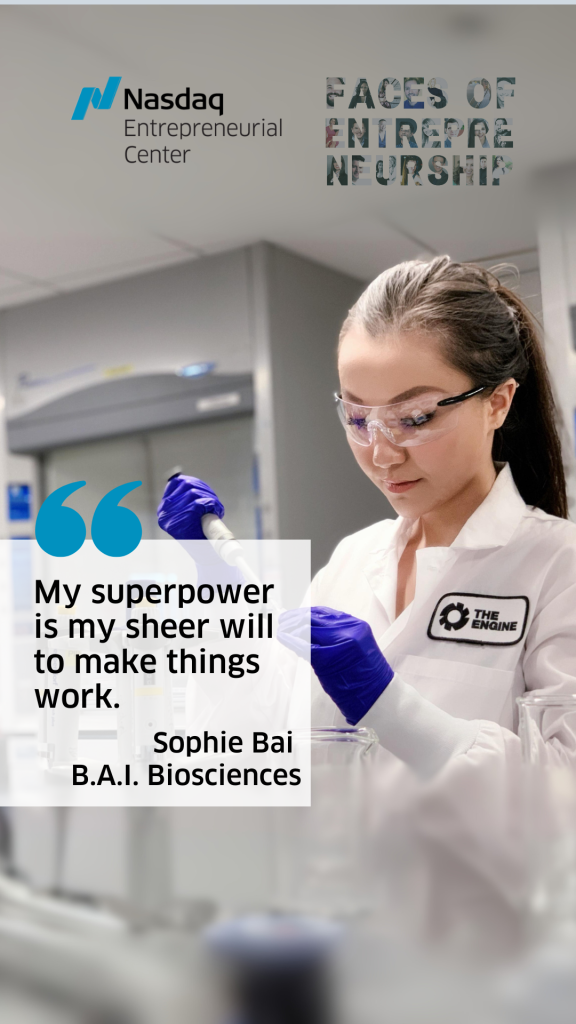 Sophie Bai: As scientists, we solve scientific problems in the lab. Entrepreneurship is extending problem-solving activities outside of the lab.
Sophie Bai: As scientists, we solve scientific problems in the lab. Entrepreneurship is extending problem-solving activities outside of the lab.
Tell us about your first experience with entrepreneurship.
SB: During COVID-19 in 2020, I started getting personal protective equipment (PPE) for my friends who are doctors on the frontline. This quickly turned into PPEople First, a venture philanthropy vehicle that raised millions in weeks and procured two million pieces of N95 respirators, surgical masks, medical gowns, face shields, and gloves to donate to 27 hospitals and senior care facilities in Massachusetts during the peak of COVID-19 in 2020 when the need for PPE was dire. During the nine months of operation, we were told by hospitals that we saved thousands of lives in Massachusetts. This accelerated entrepreneurship, in the moment of crisis, taught me that we all can make a positive impact on the people around us, and we just need to execute on it.
What is your company’s origin story? What is the biggest reason you started your business? What did those early days look like and teach you?
SB: Before creating B.A.I. Biosciences and Pavise, I was a cancer drug developer and saw firsthand revolutionary drugs and treatments created by my colleagues and fellow scientists. However, I did not see that level of innovation in dermatology and skin care in general. As a patient of eczema and cystic acne, I had been bullied because of my appearance when I was younger, which allows me to understand the emotional pain associated with skin. I wanted to create an R&D engine, using the most advanced R&D tools and capabilities to invent new molecules that can treat skin conditions. I started working on my first technology, a transdermal drug delivery platform. At the end of 2019, I got the positive data on my technology, I filed for patents, and incorporated B.A.I. Biosciences in 2020.
The early days were just me and my lab. I used all of my savings to purchase expensive lab equipment, most of which was secondhand. I slept in the lab multiple times a week because transdermal delivery studies require measurement of every 2 hours for consecutive 24 hours each assay. As every scientist understands: success is abnormal, failure is constant in scientific discovery. I am very used to failure since I started working in scientific discovery 20 years ago. We need to troubleshoot daily and have the resilience to not give up in the face of adversity. The DiamondCore® technology we commercialized took hundreds of iterations, with each iteration taking 5 days to have the first working prototype.
What do you wish you knew when you started? Is there anything you would do differently?
SB: As a scientist, we are used to logical thinking and making binary decisions based on data. In commercialization, things are different. I have made my fair share of mistakes along the way. However, had I known how difficult it is to commercialize an FDA regulated active pharmaceutical ingredient like those industry veterans know, I probably would not have commercialized it. Being an outsider, or knowing less, can be a blessing in disguise. I just had to make it work.
What does “success” look like for you? We’d love to hear your biggest, boldest dream. What do you think will help you achieve it?
SB: “Success” to me is to have the treatments we invented at our lab to be available to patients worldwide. As an eczema patient myself, my biggest dream is to cure eczema that’s affecting 205 million people in my lifetime.
What is your superpower as an entrepreneur? What is your proudest and darkest moment so far? Share a key high and a key low from your journey if you can.
SB: I never think I am the smartest. My superpower is my sheer will to make things work. My proudest moment on this venture is to take a molecule that I could only make one gram per week in my lab, to now having it incorporated into commercial products for many consumers and patients to enjoy daily.
My darkest moment so far was during the SVB crisis. We had all of our money with SVB, and the SVB crisis happened just days before our DTC launch, when we urgently needed money to pay vendors. We also extended offers to new hires that already quit their prior jobs to join us that we had no means of paying. Glad the government came to the rescue, but those 72 hours of thinking we were losing millions of dollars while working on a launch and hiring was certainly stressful to say the least.
What are your personal driving principles, your top values?
SB: Integrity, honesty, and loyalty. I am always truthful to my words, and serious about commitment.
How have your personal principles and values shaped your company’s values and principles?
SB: We practice radical candor with respect in my company. We want the best of the best for the company, and for each other on the team. Everybody has the voice to share their views directly. It is a flat structure with no hierarchy or bureaucracy.
What’s it like to work alone or with your partners?
SB: You can find me in my lab. I get most creative when I am in the lab working with different types of cells and molecules.
What role does mentorship play in your world (as a mentor or mentee)? Tell us about what makes mentorship valuable to you and your business.
SB: Bob Langer, MIT Institute Professor and cofounder of Moderna, has been my mentor for 15 years. He taught me to solve scientific problems with the goal of real-life application when I was 18. This has certainly shaped my view about what our company does: we bring molecules to the market.
Can you share some insights into the market or industry you operate in? How have you navigated challenges and changes in the market landscape?
SB: We are at the intersection of biotech and beauty, both industries are facing step function changes. The only way for startups to succeed in those capital-intensive industries is to stay ahead of the curve in terms of science and be as nimble as possible to pivot commercially as needed.
Many entrepreneurs continue to perfect their daily routines to support their work and greater vision; would you mind sharing your morning routine or a regular ritual that grounds your work each day?
SB: I typically get off work around 2am-3am. Then I wake up around 8am, drink coffee, take supplements, put on Pavise, and start my workday. If my afternoon isn’t crazy, I will squeeze in 10-20 minutes of pilates/yoga in the office or at home. I walk to and from my lab every day. I find walking extremely helpful to clear my mind and be productive.
How do you manage the work-life balance as an entrepreneur? What strategies have you found effective in maintaining your well-being?
SB: I do not believe in work-life balance. I believe in the work-life tradeoff. I am privileged to be able to do what I love and I am a proud workaholic. Setting realistic expectations helps me ground myself. A very successful businesswoman and friend has once told me: ”As women, we can have it all, but at different times.”
Where do you turn for inspiration?
SB: My former MIT classmates and colleagues who are still in academia and pushing boundaries of human understanding of natural sciences. Lightbulb moments regularly happen when I talk to them about their work in seemingly unrelated fields, such as polymer work in battery technologies, treatments to restore vision loss, and climate tech.
Building and sustaining a business often involves overcoming various challenges. Can you share a specific moment where your entrepreneurial resilience was tested, and how did you navigate through it to ensure the sustainability of your business? What lessons did you learn from that experience?
SB: Being a founder means entrepreneurial resilience is tested daily. We chose the hard way to do something no one has done before: which is to combine a biotech business with a beauty business. There is no playbook for us to follow, so we must create our own one along the way. We certainly have made many mistakes, and we recognize at different stages there are different problems we will face. We just need to be optimistically cautious to make sure we can overcome the challenges, whether expected or unexpected.
Do you have a favorite quote, mantra, or words of wisdom to get through the tough days?
SB: “I wish upon you ample doses of pain and suffering. Greatness comes from character and character isn’t formed out of smart people — it’s formed out of people who suffered.” Jensen Huang, founder and CEO of Nvidia.
What is a problem that keeps you up at night?
SB: Scientifically, how to create technologies that can solve problems physicians currently face with their patients.
How do you think about helping others through your work?
SB: The purpose of our business is to invent new treatments for people suffering from skin conditions, including medical and cosmetic concerns. Being able to help patients and consumers out there is the single most important motivator for our team.
Have you faced any significant crises in your business, and how did you manage and overcome them?
SB: We have underestimated the demand for our Pavise Dynamic Age Defense. We sold out of the refills in February, the full size in April, and the travel size in May. We have been working on the supply chain since February and are still working on the supply chain to meet the demand.
What advice do you have for fellow (and aspiring) entrepreneurs building and leading teams?
SB: Building a team is humbling. Different skills and personalities are needed for different roles and the stages of the company. There are a lot of great and capable people out there, but that doesn’t make them the right fit for your company at a given time. Find people that are right for your business and keep them.
What kind of an entrepreneur do you want to be known as – as in, what do you want your legacy to be?
SB: My relentless pursuit in science has made a positive impact on their lives.
Do you have someone you’d like to nominate to be profiled in our Faces of Entrepreneurship series? Please let us know by emailing media@thecenter.nasdaq.org or submitting your nomination using this form.
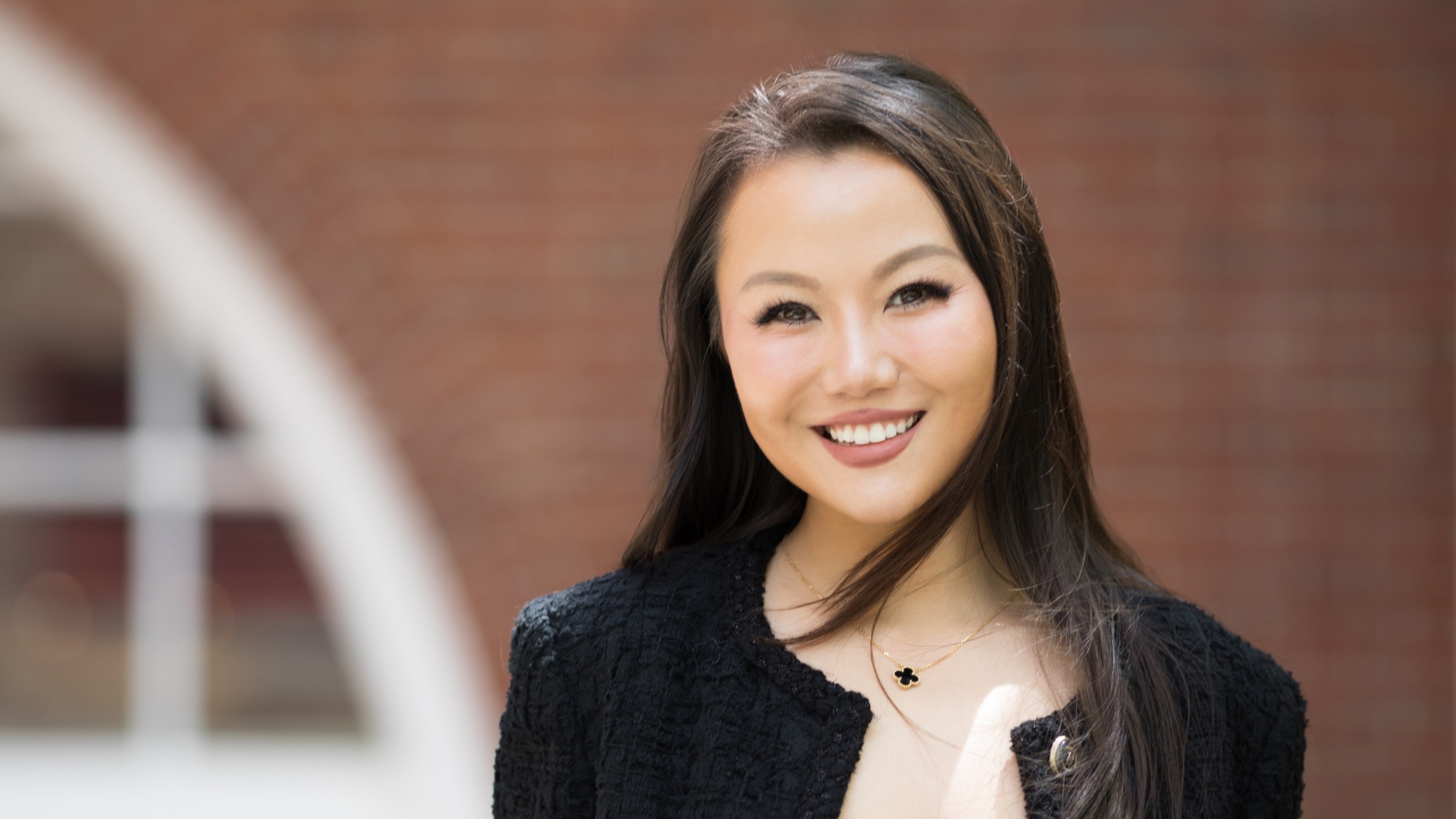
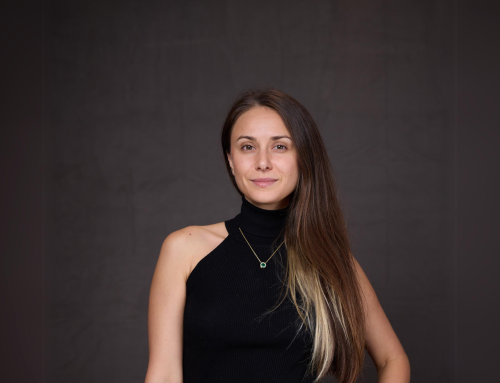
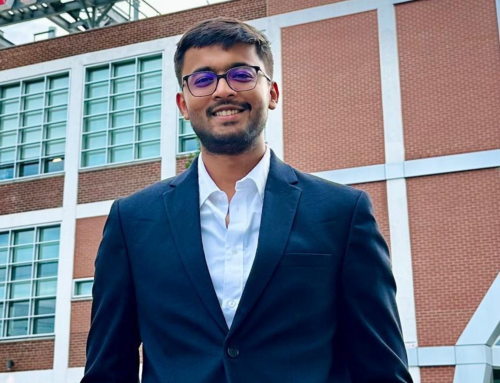
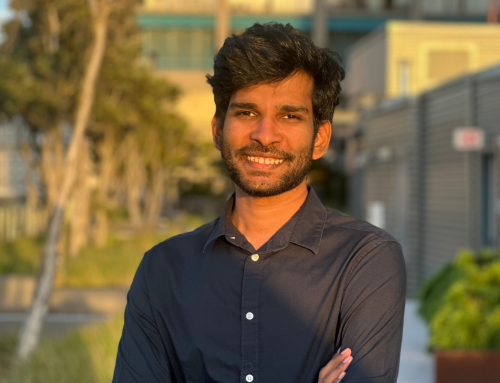
Invite a Friend
Close